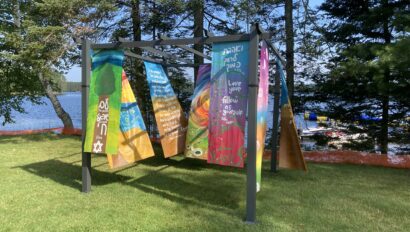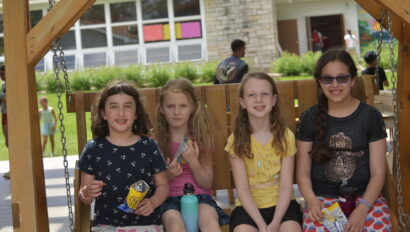/* Style Definitions */ table.MsoNormalTable {mso-style-name:”Table Normal”; mso-tstyle-rowband-size:0; mso-tstyle-colband-size:0; mso-style-noshow:yes; mso-style-priority:99; mso-style-qformat:yes; mso-style-parent:””; mso-padding-alt:0in 5.4pt 0in 5.4pt; mso-para-margin:0in; mso-para-margin-bottom:.0001pt; mso-pagination:widow-orphan; font-size:11.0pt; font-family:”Calibri”,”sans-serif”; mso-ascii-font-family:Calibri; mso-ascii-theme-font:minor-latin; mso-fareast-font-family:”Times New Roman”; mso-fareast-theme-font:minor-fareast; mso-hansi-font-family:Calibri; mso-hansi-theme-font:minor-latin; mso-bidi-font-family:Arial; mso-bidi-theme-font:minor-bidi;}
Please enjoy a d’var Torah this week from Rosh Bogrim Brett Kopin. Originally from Highland Park, Illinois, Brett recently graduated from Washington University in St. Louis with a degree in English. He loves writing and cooking and is looking forward to traveling around the country in the fall after an amazing summer at camp.
As we gain new experiences and grow beyond the older ones, our memories tend to stretch and distort, and recounting every experience as it happened is almost impossible after the fact. I write this from a meeting room in Camp Ramah, where I am about to assume the role of Rosh Bogrim. Throughout my life, most of my summers were at camp—first as the son of staff members, then as a camper, then as a staff member myself. As I grew at camp, the person filling the Rosh Eidah position always seemed so old to me. As a camper, the idea of being a fifth year staff member, which is required of a Rosh Eidah, seemed daunting, and yet here I am. I have to wonder where the camper in me has gone.
Our summer community here at camp is dynamic in many ways, and it is special because it is always evolving. For example: the camper who learned how to lead Shacharit from a counselor may one day teach a camper how to lead. The girl who plays a leading role in her eidah’s musical will one day sit in the front row of the Beit Am watching her own camper shine on the same stage. The camper who scored the winning shot in his eidah’s basketball game will one day jump and scream on the sidelines for his own campers as they conduct just the right play together to score the winning shot. For these eight weeks each summer, each staff member becomes a mentor in his or her own way, whether or not he or she knew when they applied that these moments of pride for their campers would be the most important payment.
This week in parashat Korach we confront questions concerning leadership. Korach accuses Moses: “You have gone too far! For all the community are holy, all of them, and the Lord is in their midst. Why then do you raise yourselves above the Lord’s congregation?” Korach confronts Moses with a very difficult challenge. After all, B’nai Yisrael is presumably unaware that Moses is given his commands from God, that he serves primarily as God’s mouthpiece. All they know is that Moses tells them that his words are coming directly from God, an assertion any human being can proclaim. Therefore, are the leaders of the different tribes wrong to threaten Moses’ leadership? Why does Moses get to lead these people and dictate the course of their lives?
For me, the answer to this question comes when Moses first confronts God at the edge of the wilderness in the Book of Shemot. He sees a dry desert bush shrouded by fire, and remarks that the bush seems to be burning but is not consumed. This sight would astound anyone. But how can we, as readers, understand this phenomenon? Perhaps Moses is himself a representation of the bush that burns but is not consumed. The image can be a manifestation of his ego: the form that can carry the fire without being consumed by the fire. Moses is not haughty, nor arrogant, nor does he wish or care to be Pharaoh. He understands his own light and power and chooses to act on it. It is precisely his revelation of that inward light that brings him face-to-face with God.
Most leaders in camp were once campers, as most campers will one day be leaders. Finding your internal light can happen at any age. Leadership is found at any moment, at any time in one’s life. You do not have to discover a burning bush to realize your own power. At camp, whether you approach your counselor because you want to make a suggestion for a peulat eidah or you encourage your own friends to be enthusiastic during the Zimriya, you are beginning to understand how to hold the fire. Seize those moments that you can help build on the success of the summer, to prove to yourself and to your eidah that you are a bearer of the light. After all, everyone is holy. Even Korach could tell you that.
Shabbat Shalom.





